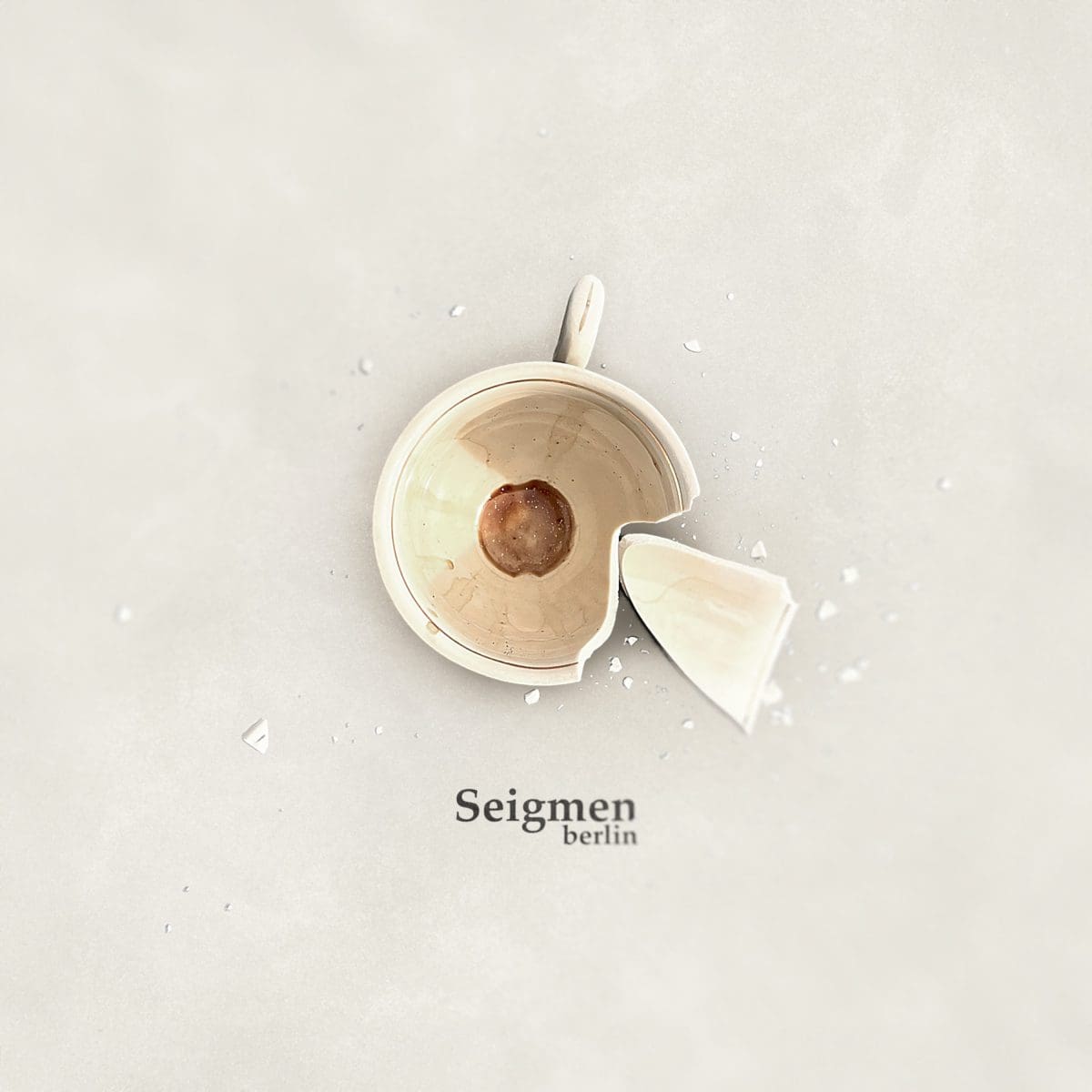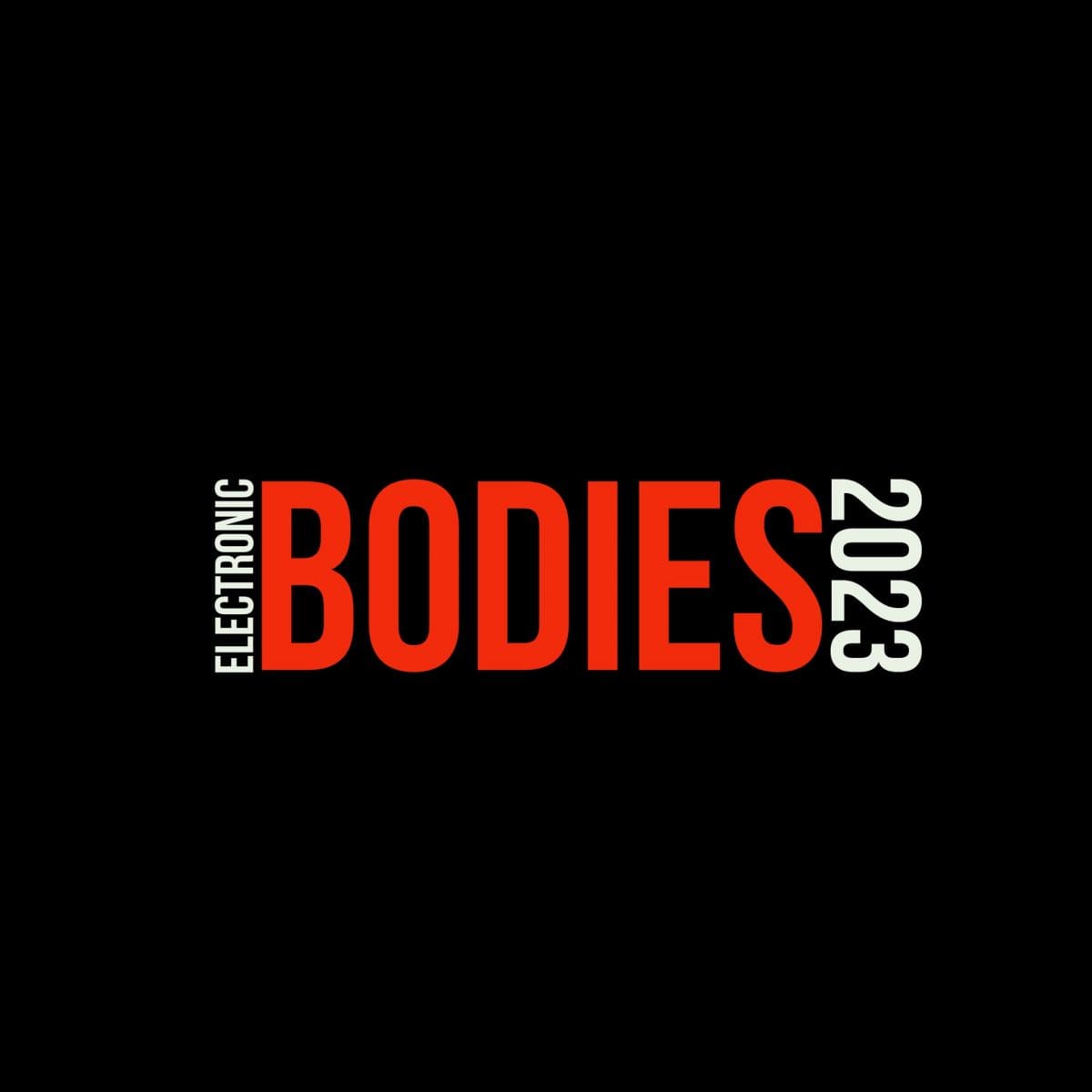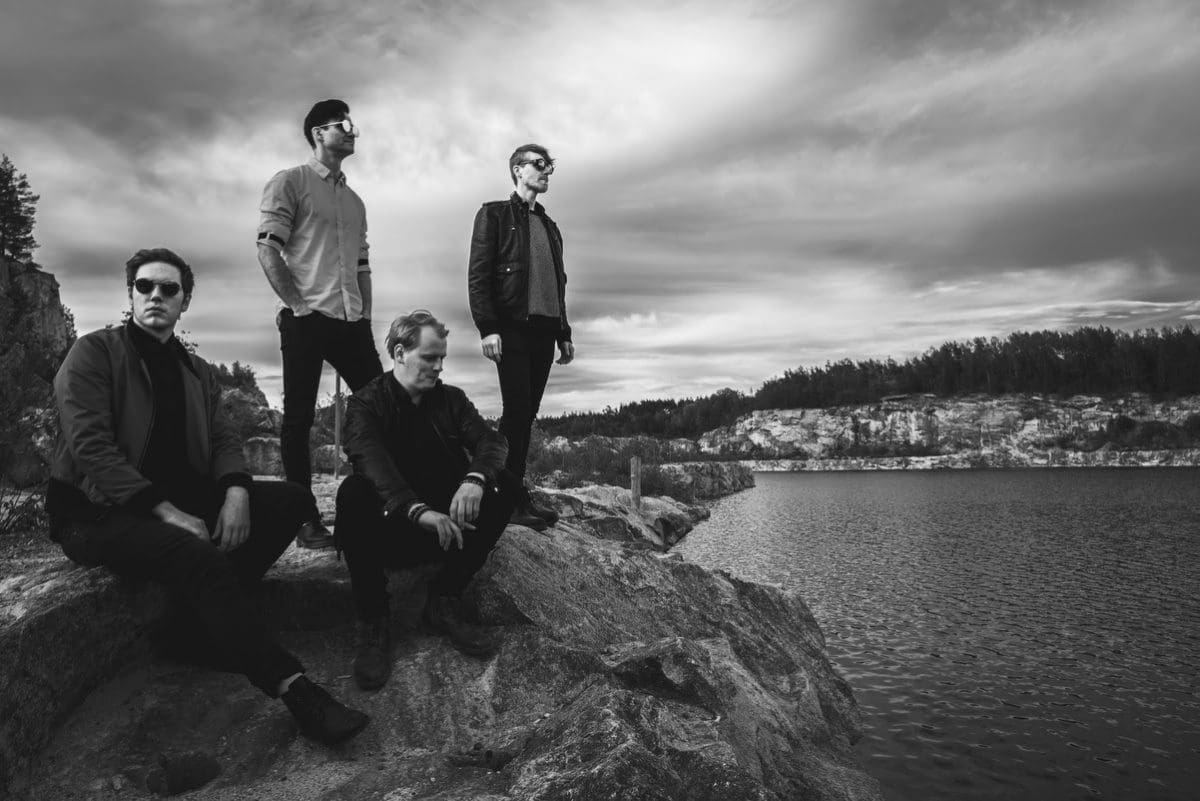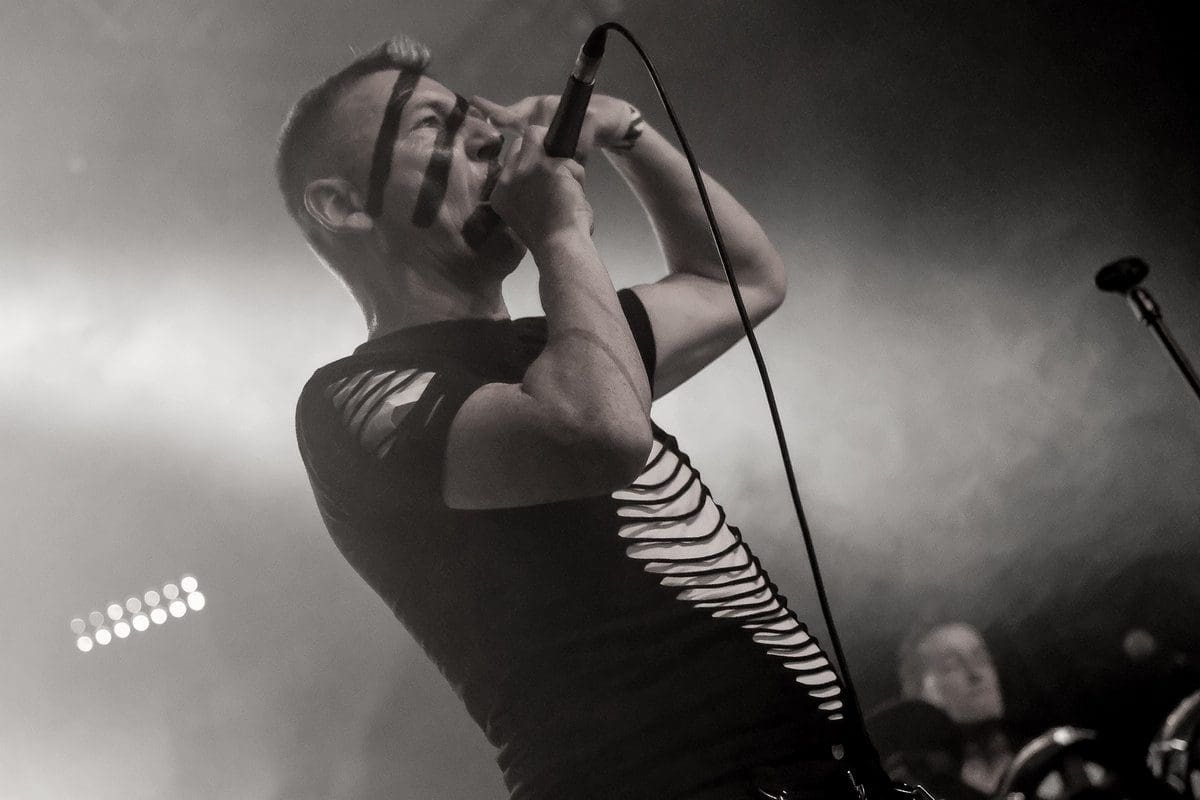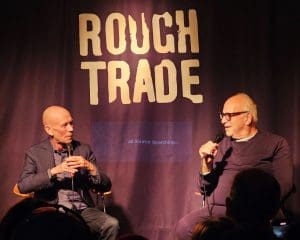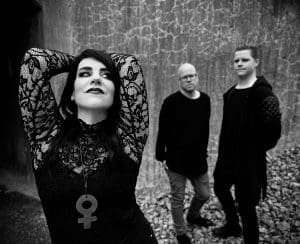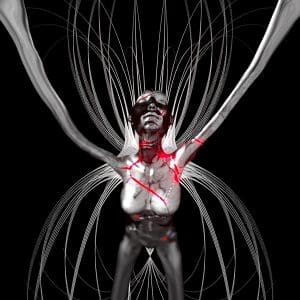‘Click Interview’ with IMPERATIVE REACTION: ‘I Am Not The Type Of Person Who Writes Well When Actually Going Through Hard Times’
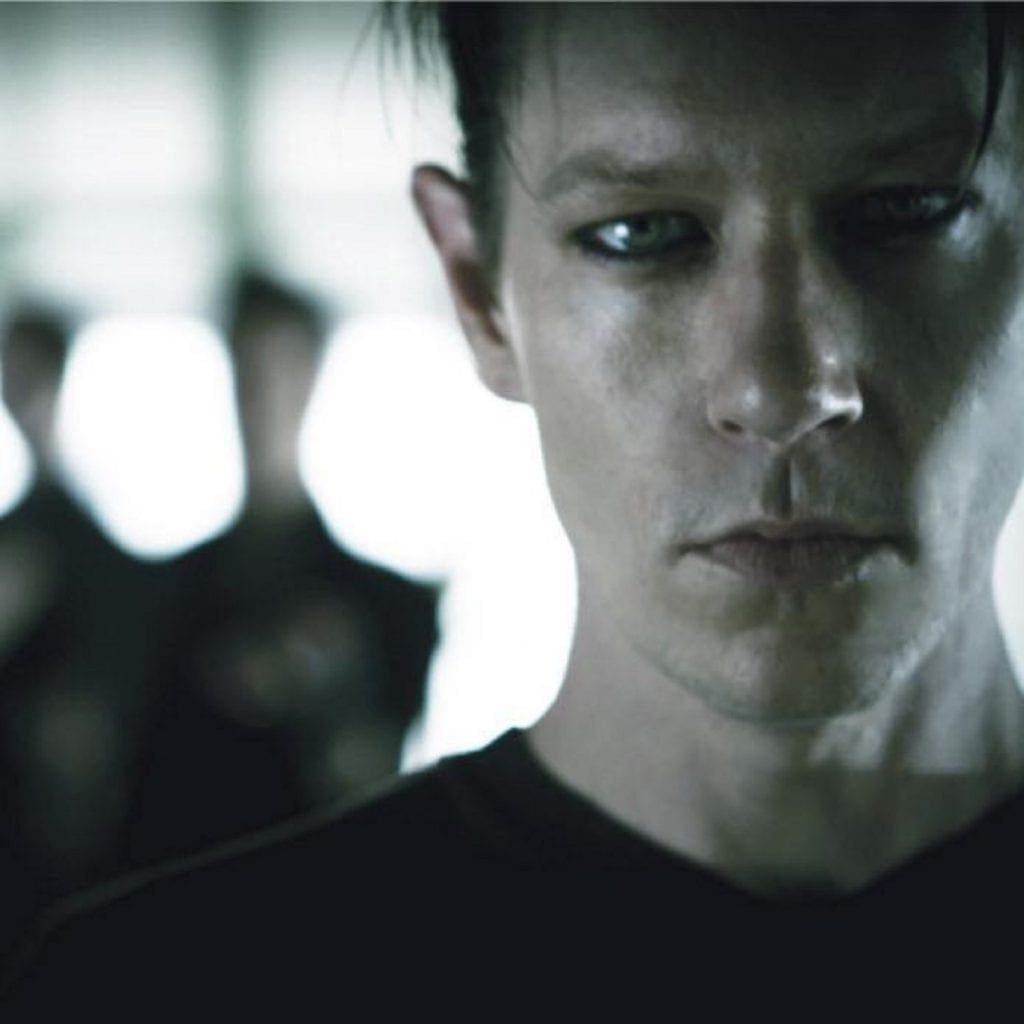

Early this year IMPERATIVE REACTION released its first album in ten years. The American project driven by Ted Phelps released its very first studio album “Eulogy For The Sick Child” (1999) on the legendary, but unfortunately now defunct Zoth Ommog. All other full lengths got released on Metropolis Records. After the sixth self-titled opus released in 2011 the band progressively disappeared from the radars. Ted Phelps told us what happened and how he came to fight back again. “Mirror” is a great work mixing raw Dark/Electro-Pop influences together with heavier EBM pieces.
(Courtesy by Inferno Sound Diaries)
Q: “Mirror” is the first IMPERATIVE REACTION-album in ten years! I can imagine this period must have had an impact on the musician- and person you are? What do you see as the main changes and evolutions?
Ted: I was 32 when I submitted “Imperative Reaction” to Metropolis and I am 42 now. A lot has changed over the last decade both personally and musically. In 2011, we were very active and had been since 1999. We did two tours to promote the self-titled album and by the end of 2012, I was just completely exhausted. Many years of album, tour, album, tour, tour had taken its toll on me and I just needed to step back and get some rest. I declared a hiatus for the band in 2013.
In 2014, my wife and I separated for almost 2 years. This was particularly rough due to the fact that we met 28 years ago and have been together for most of the time since. I am not the type of person who writes well when actually going through hard times. Rather, I like to look back once things are better and write. I went through those years on autopilot and kind of lost my sense of direction both personally and professionally. Fortunately, we got back together in 2016 and it was my wife who asked me a short time later why I wasn’t writing anymore. One day I decided to give it a go and I started developing some ideas. One thing led to another and I think within a year, I had the basis of what would eventually become “Mirror”. We played a few shows to keep the name alive and I realized that I really missed being in a band so I got serious about it again in late 2018/early 2019.
Thanks to a very sustained effort on my wife’s part, I slowly progressed through the writing stages. Most of the music was written during that time and the vocals were recorded during the Summer and Fall of 2020.
Q: “Mirror” seems to be a very personal album dealing with a painful period of your life. Can we speak here about a kind of mental healing? And what’s the importance of music –and composing music to exorcise personal experiences and pain?
Ted: It is the most personal album I have written to date. Thematically it is a love letter to my wife and the mirroring that occurs between twin flames. Obviously not all songs pertain directly to that, but this served as the main impetus behind the concept. I have to admit that part of what held the production up was my anxiety lyric-wise. I didn’t want to just pick up where I left off as I’m a lot older now. At the same time, I wanted to make sure the lyrics were true to my experience and told the story I needed to tell. I can say that once I overcame that, the lyrics helped put things into perspective and on the right course –both artistically and personally.
By looking into the “Mirror” I was able to see a lot of things I did wrong from a different perspective, and my life and relationship have improved tremendously as a result.
Regarding healing, the release of the album brought up some unprocessed trauma for my wife related to our separation. This experience caused her to also look into the “Mirror” which ultimately led to a much deeper connection for us. The entire process has been very healing.
Q: I’m always fascinated how musicians are transposing personal feelings into sounds and songs. How did it happen for “Mirror”? And how did the composing process of this work happened?
Ted: My writing process has always started with the most basic elements first. Kick drum, bass, etc. From there I will see what chord changes work and try to build from that. The overall goal is to create a mood that fits whatever I’m feeling in the moment. I try to put together a cursory verse and chorus from that. I normally build up a collection of about 25 of these and then listen to each one in the car and see which ones work and which don’t. Sometimes I get an instant ‘hit’ that I know will make it. Other times, I will have some ideas that I know aren’t quite there yet, but are worthy of keeping around. Eventually, 25 becomes 15 which becomes 10, 8, etc. Once I get my momentum going, I will drastically change 2 or 3 and create 2 or 3 more and then I will have an album ready for lyrics and vocals. At that point, I will imagine some titles that fit with the overall theme I have in mind and assign them to a few of the songs. Finally, I just play around with vocal melodies and lyrics I have written and try to match them with the music. Along the way I mix and master everything like a nutcase because that’s what I do. “Mirror” probably would have been released in 2019 if I wasn’t so neurotic about this.
Q: The first songs have a raw Electro/Industrial-Pop touch while the sound progressively evolves into harder pieces, reaching a true, powerful climax. How important is it to put the right song at the right place? And are you more touched by some songs than others?
Ted: I really like this question. The reason is in this day and age, the emphasis is placed on single tracks which I understand with Spotify and Apple Music being the dominant outlets. I realize that album openers carry much more weight now than they once did. However, I grew up and began my career when albums were still very important. And all of my favorite records provided the listener with a sort of ‘journey’. The ebb and flow, the album sequence was just as important as the marketability of the singles. I try to continue that trend with the track sequences on my albums. I used to have a habit of front loading my releases with my favorite tracks and then putting the least compelling tracks at the end.
With “Mirror”, I really wanted to avoid that so I purposely put tracks like “Intertwined” and “Half Of One” toward the end even though I think they are two of the strongest tracks on the album. Given that much of the album deals with the negative aspects of what we endured, I wanted it to end on a positive and hopeful note. So, the key change at the of the song represents where I am at now with my wife and in life in general.
Q: I think one of the main strengths of “Mirror” is that it’s hard to label as one specific music genre, but rather sounding as the offspring between different influences and styles. What does it say about your music influences/standards and eventually criteria you handle when writing music?
Ted: Years ago I got caught up in the trap of wanting to really appeal to the club crowd while also writing songs in a traditional structure. I think we definitely got it right in some cases, but I also realize that some of our releases were hindered by this approach. This time around, I decided to only include songs that I was truly moved by regardless of their danceability, how hard they were, etc. I spent a lot of time listening to the albums that inspired me to begin writing music in the first place. Albums like “Violator”, “The Downward Spiral” and “Showtime” amongst others reminded me that every song does not have to fit together perfectly to produce a great result.
I wanted this album to be as honest and untouched by what’s popular as possible. At my core, I am a singer-songwriter who enjoys everything from PANTERA to FRANK BLACK and LANA DEL REY to BILLIE EILISH. I just happen to enjoy writing Industrial Music.
Q: How do you expect things evolving for IMPERATIVE REACTION during the ongoing pandemic and post-Covid-19?
Ted: Beyond everything else the thing I miss most is playing live. That has always been a major part of what we do so it’s hard to accept that we can’t tour right now. I’ve been talking to some very talented people about how we can try to overcome the current circumstances and play ‘live’ and get it out to our fans. I’m excited about the possibility and will hopefully have some news very soon.
Additionally, I am working on my side project, MERCURY LUST, with my life Lisbeth Phelps and we intend to release our debut album in November of this year. It’s been a long time coming and I am really excited about this project.
In an effort to avoid another ten-year gap between albums, I am already working on the next IMPERATIVE REACTION album. I think this one is going to be a more aggressive one which I’m also excited about.
Oh yeah, we also are working on a full remix album of “Mirror” and I’m hoping it will be released in May/June.
Since you’re here …
… we have a small favour to ask. More people are reading Side-Line Magazine than ever but advertising revenues across the media are falling fast. Unlike many news organisations, we haven’t put up a paywall – we want to keep our journalism as open as we can - and we refuse to add annoying advertising. So you can see why we need to ask for your help.
Side-Line’s independent journalism takes a lot of time, money and hard work to produce. But we do it because we want to push the artists we like and who are equally fighting to survive.
If everyone who reads our reporting, who likes it, helps fund it, our future would be much more secure. For as little as 5 US$, you can support Side-Line Magazine – and it only takes a minute. Thank you.
The donations are safely powered by Paypal.


